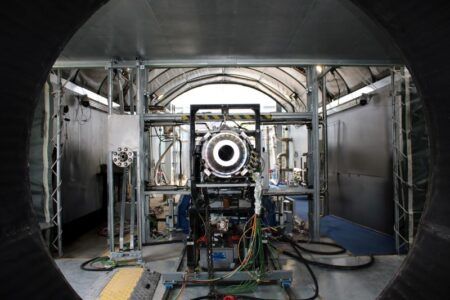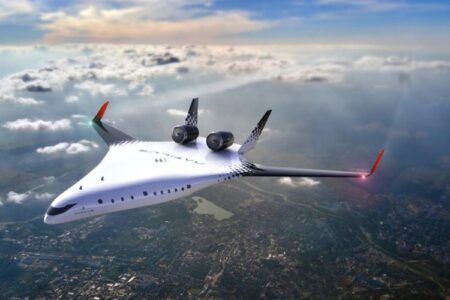Seattle-Tacoma International Airport in Washington, USA, on Wednesday agreed with Boeing and Alaska Airlines for a US$250,000 study to determine a way for airlines to regularly use biofuel. The money comes from the airport while Alaska and Boeing will supply expertise for the study.
“As leaders in aviation biofuels, this will send a signal to airlines and biofuel producers that Sea-Tac Airport will be ready to integrate commercial-scale use of aviation biofuels,” said a statement from Port of Seattle commissioner John Creighton, who has been pressing all year for Sea-Tac to become a leader in the new technology.
Boeing and Alaska have both been researching ways to incorporate biofuel, with Alaska conducting more test flights then any other carrier and Boeing operating a series of ecoDemonstrator planes to test new technologies with a blend of 15% green diesel and 85% petroleum jet fuel in the left engine.
Sustainable green diesel is made from vegetable oils, waste cooking oil and waste animal fats. Boeing previously found that this fuel is chemically similar to HEFA (hydro-processed esters and fatty acids) aviation biofuel approved in 2011. Green diesel is chemically distinct and a different fuel product to ‘biodiesel’, which also is used in ground transportation.
The Sea-Tac research will develop ways to mix biofuel with petroleum-based jet fuel. Several types of ‘drop-in’ aviation biofuels have been developed for aviation and these can be burned without adjustments by jet engines.
Image courtesy of: Boeing
December 18, 2015




